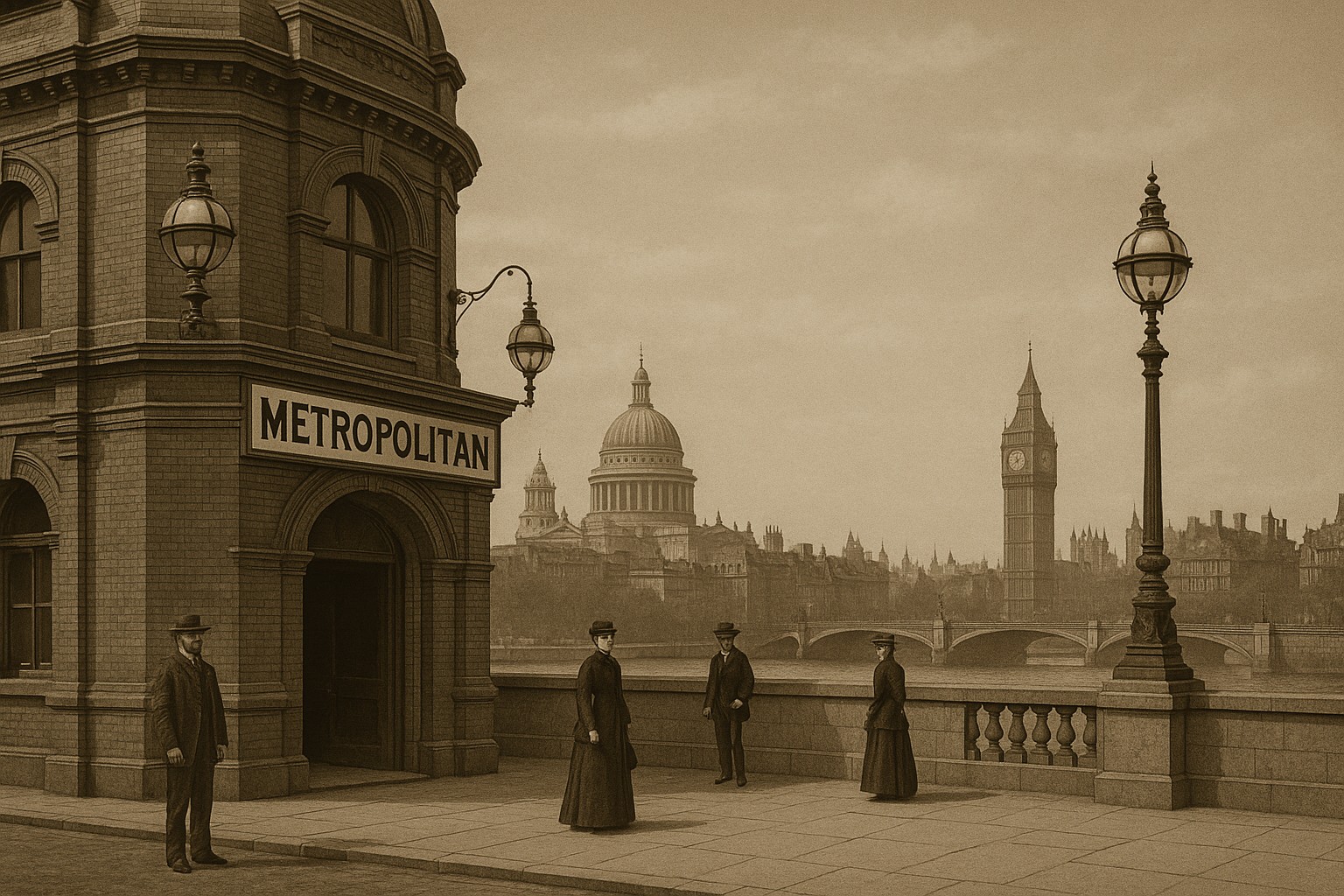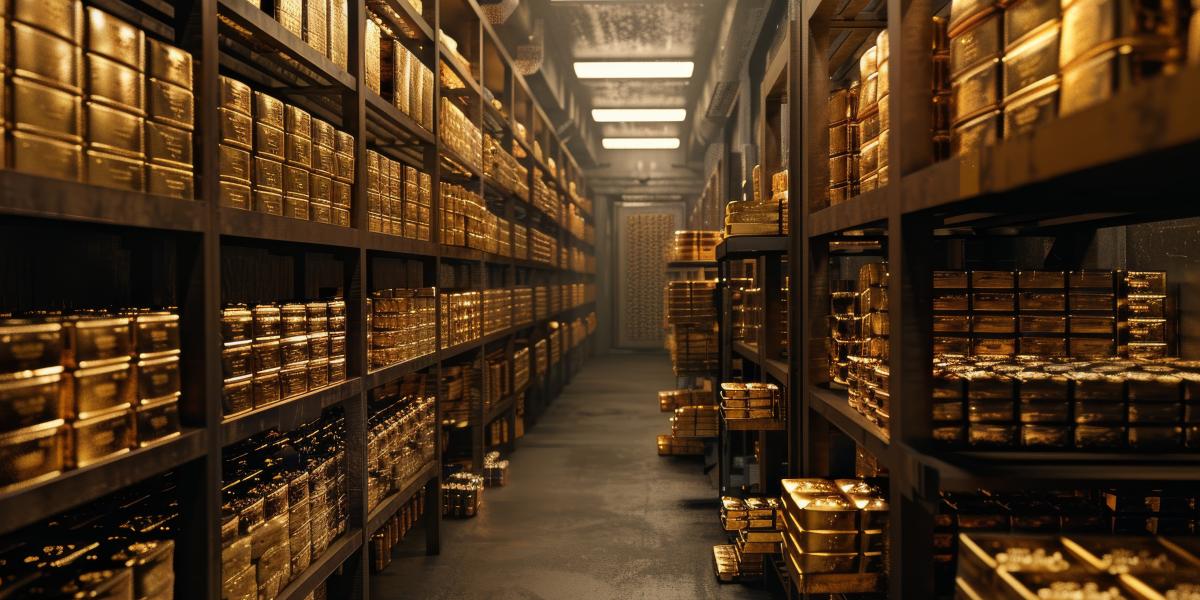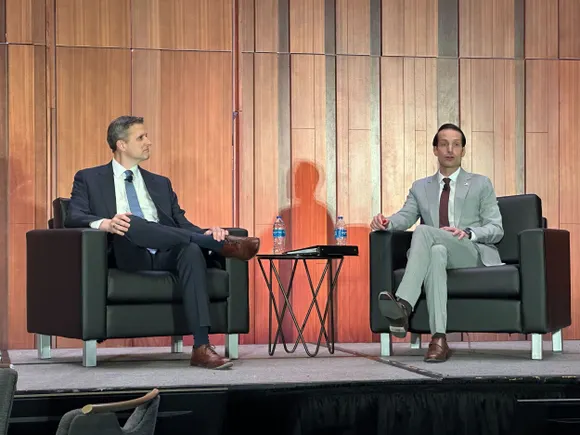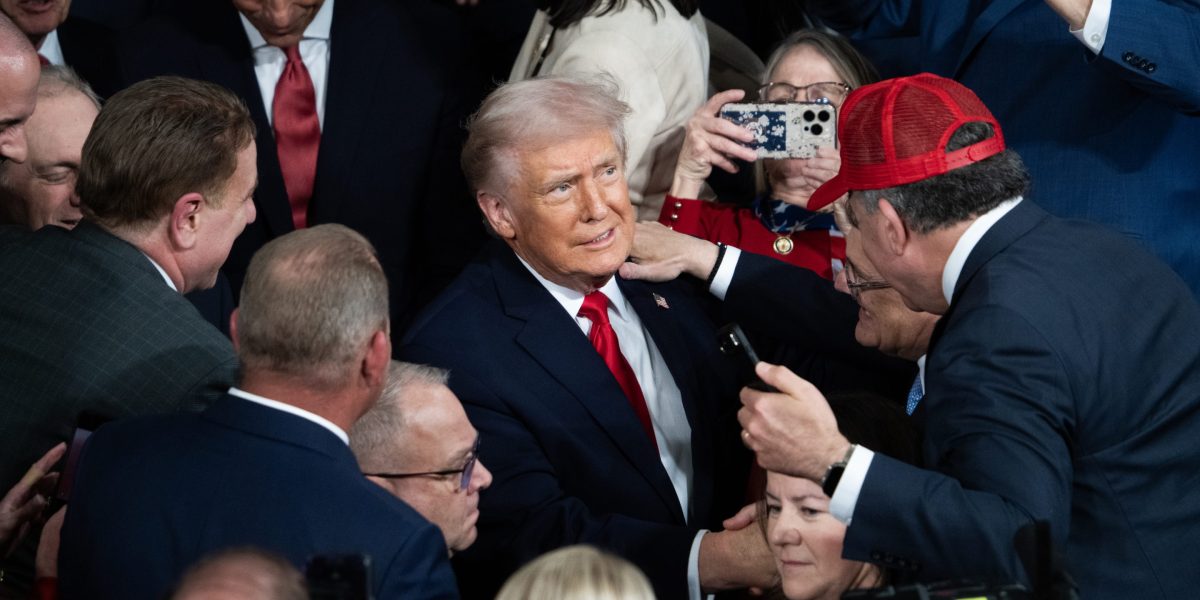Many libertarians and classical liberals consider the 19th century in the West as the most liberal epoch in history. We can certainly see stains, notably slavery and later Jim Crow, as well as colonialism (think about the control of trade from the colonies, which Adam Smith criticized in his 1776 Wealth of Nations). In many countries, moreover, the liberal century started late (in France, for example) or ended early (in Germany). Even in the UK, the Corn Laws were only abolished in the middle of the century, and British libertarians were pessimistic as the end of the century approached (see Matt Zwolinski and John Tomasi’s The Individualists, which I reviewed in Regulation).
Yet, for Anthony de Jasay, whose thought is strongly anchored in the “private forteresses” of private property, the 19th century was clearly the era of liberalism, even if fleeting. In his book Against Politics (see my Econlib review), he wrote:
It is to history taking its time that we owe thanks for the brilliant but passing nineteenth-century interlude in Western Civilization, with limited government and assured-looking private sovereignty of everybody’s own decisions over crucial domains of economic and social life.
The UK was among the countries where the advance of liberalism was most promising. In his English History 1914–1945 (Oxford University Press, 1965), historian, journalist and broadcaster A.J.P. Taylor described his country on the onset of World War I. Was he influenced by similar observations in John Maynard Keynes’s 1919 book The Economic Consequences of the Peace? In any event, the opening paragraph of Taylor’s book is memorable and worth quoting nearly in extenso; it suggests that the promises of liberalism have been seriously betrayed:
Until August 1914, a sensible, law-abiding Englishman could pass through life and hardly notice the existence of the state beyond the post office and the policeman. He could live where he liked and as he liked. He had no official number or identity card. He could travel abroad or leave his country for ever without a passport or any sort of official permission. He could exchange his money for any other currency without restriction or limit. He could buy goods from any country in the world on the same terms as he bought goods at home. For that matter, a foreigner could spend his life in this country without permit and without informing the police. Unlike the countries of the European continent, the state did not require its citizens to perform military service. … Only those helped the state who wished to do so. The Englishman paid taxes on a modest scale … rather less than 8 per cent. of national income.
The rest of the paragraph shows both the emergence of an interventionist trend and that the British were still generally freer than nearly everybody in the West—and even than everybody now. The interventionist trend was not so much apparent in elementary public education and in last-resort social assistance as in the fact that some adults (mainly women) were deemed incapable of liberty in certain areas of life:
The state intervened to prevent the citizen from eating adulterated food or contracting certain infectious diseases. It imposed safety rules in factories, and prevented women, and adult males in some industries, from working excessive hours. The state saw to it that children received education up to the age of 13. Since 1 January 1909, it provided a meagre pension for the needy over the age of 70. Since 1911, it helped to ensure certain classes of workers against sickness and unemployment. This tendency towards more state action was increasing. Expenditure on social services had roughly doubled since the Liberals took office in 1905. Still, broadly speaking, the state acted only to help those who could not help themselves. It left the adult citizen alone.
Taylor is a controversial figure. He had shortly been a member of the British Communist Party in his youth and remained a lifelong socialist. But is it possible that the quote above mainly reflects something that we still observe? I mean that socialists don’t understand that individual liberty is impossible without economic freedom, just as conservatives have problems understanding that economic freedom is inseparable from individual liberty.
According to David Pryce-Jones writing in The New Criterion, though, it’s worse than that: Taylor was also a fellow-traveler of the Soviet regime and a Nazi sympathizer—anything but the opposite of individual sovereignty! He seems to have gone through a whole palette of collectivist ideologies. So, his description of English liberty before WWI was probably an incrimination.
At any rate, we can read his description as close to what individual liberty should be against all forms of authoritarianism on the right or on the left.
******************************
A London Underground station in the late 19th century, as viewed by ChatGPT


























